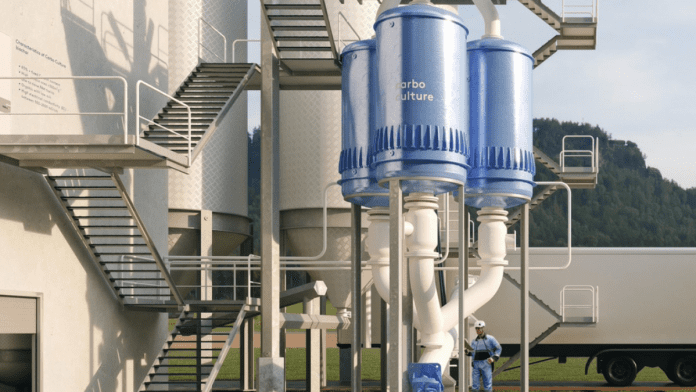News in brief: Finnish startup Carbo Culture has launched a large biochar plant that can remove 3,000 tons of CO2 annually, equivalent to emissions from 1,500 cars. Funded by a â¬2.2 million grant, the plant aims to demonstrate Carbo Culture’s technology before expanding into commercial-scale facilities, reflecting the growing interest in biochar as a carbon removal solution.
Carbo Culture, a Finnish startup, has opened a biochar plant, described as one of the biggest of its kind in Europe.
The facility is capable of removing 3,000 metric tons of carbon dioxide from the atmosphere annually, the company claims, which is equivalent to the emissions of 1,500 passenger cars.
The construction of the new plant was financed by a â¬2.2 million grant from the European Innovation Council, and the operators hope they are laying the groundwork for more facilities like this in the country. It is intended to demonstrate the industrial scalability of Carbo Cultureâs technology before it embarks on building full commercial-scale facilities.
Interest in biochar is growing, particularly as the voluntary carbon markets, where individuals and companies purchase carbon credits to reach their net-zero goals, increasingly look for credits which actively remove carbon from the atmosphere.
Biochar production plants in Europe are expected to reach 180 by the end of 2023, adding to a number of plants including Carbofex, also located in Finland, and CARBONITY in Canada. They have the ability to remove 3,000 and 10,000 metric tons of carbon dioxide annually, respectively.
Carbo Culture, founded in 2016 by Henrietta Moon and Chris Carstens, reportedly raised $9.2 million from venture capital firms including Cherry Ventures and Ãbermorgen Ventures. Financing was also secured from Icelandic entrepreneur David Helgason and Albert Wenger, managing partner at Union Square Ventures.
Biochar works by capitalising on the natural carbon-storing ability of plants, like trees or crops, which draw carbon out of the atmosphere into their biomass. When plants decompose, they release stored carbon, but by heating the biomass up and turning it into biochar, the carbon can be locked away.
Carbo Cultureâs plant, also known as R3, will use dust pellets left over from nearby wood manufacturers as its feedstock. Experts say it is critical that the facility uses only waste wood in its operations. Additionally, by localising the feedstock supply chain, it will only travel 10 kilometers to the plant, guaranteeing that emissions remain low throughout its operation.
Carbo Culture has already begun selling carbon credits for its first commercial facility, which it plans to construct next.
The company has also secured multinational investment bank Rothschild & Co as a client, reports claim. In addition, it has inked a deal with NextGen, a joint venture between South Pole and Mitsubishi, to buy carbon removal credits.
Carbo Culture also plans to partner with industrial companies for its first commercial deals, and build the plants on their land. The aim is that they would be able to both turn their waste biomass into biochar and use the energy produced in their industrial process.
Biochar helps to lock in carbon as the resulting product can be put onto soil to improve its nutritional value and its water retention potential. It is a method that proves effective especially in areas dealing with flooding.



